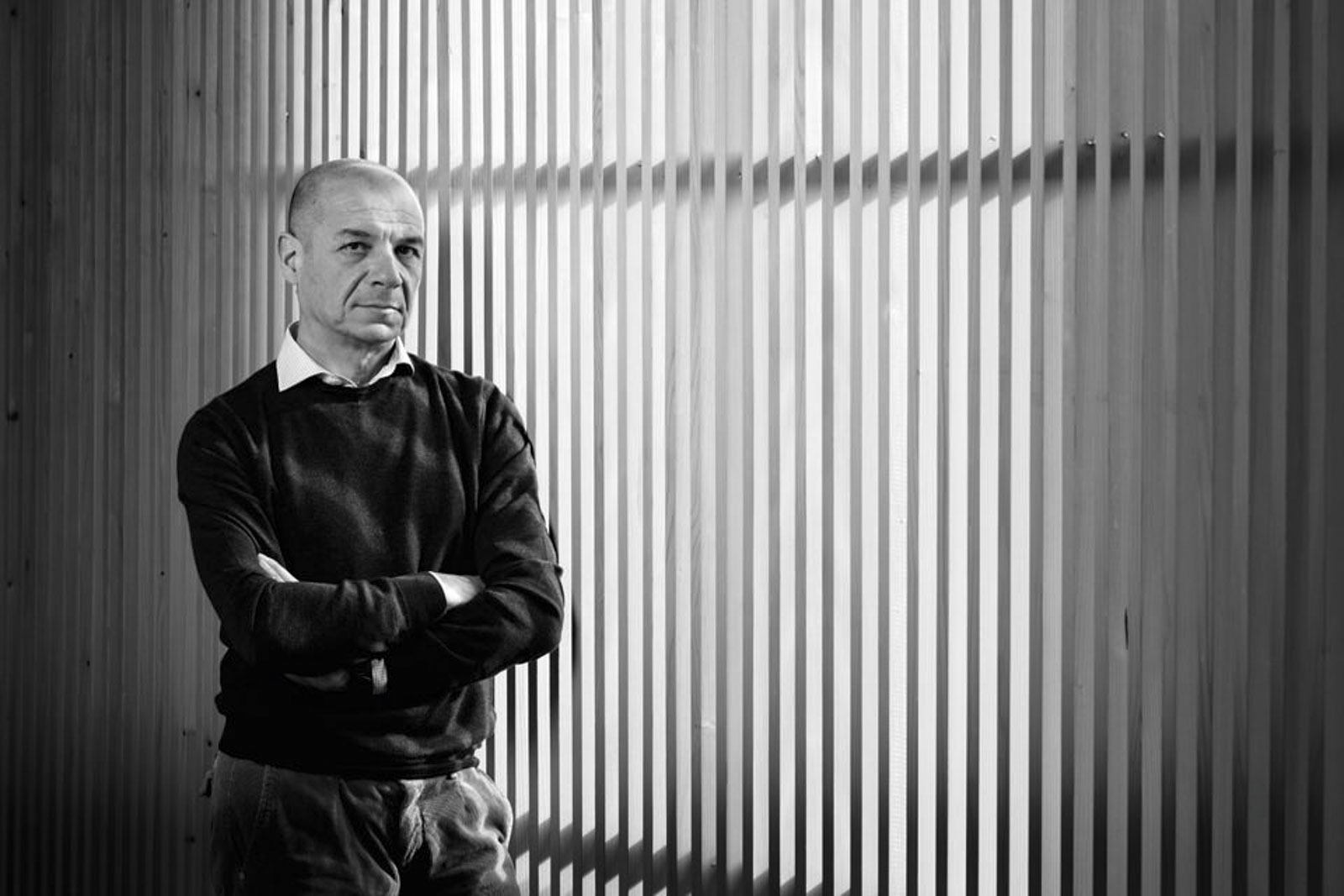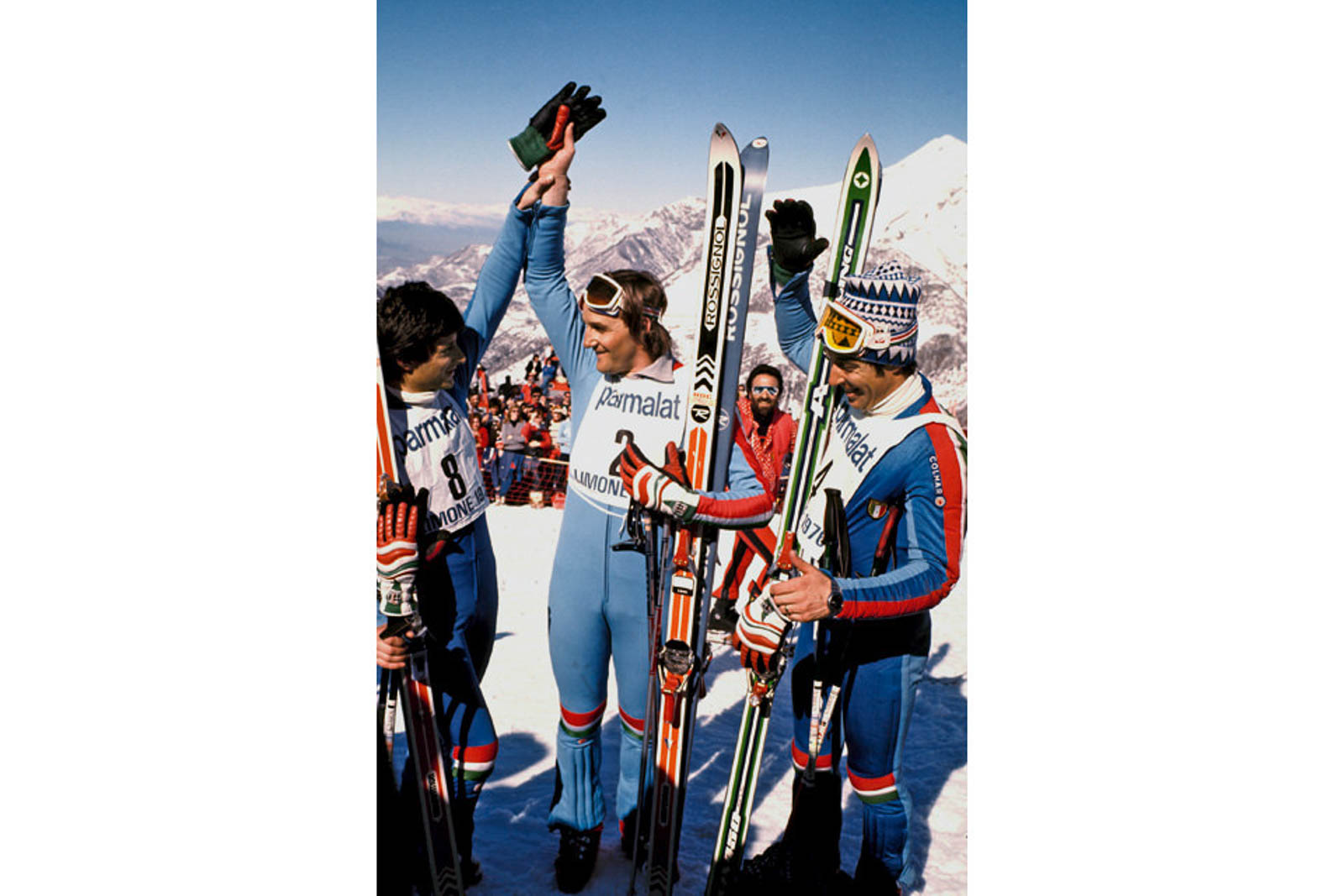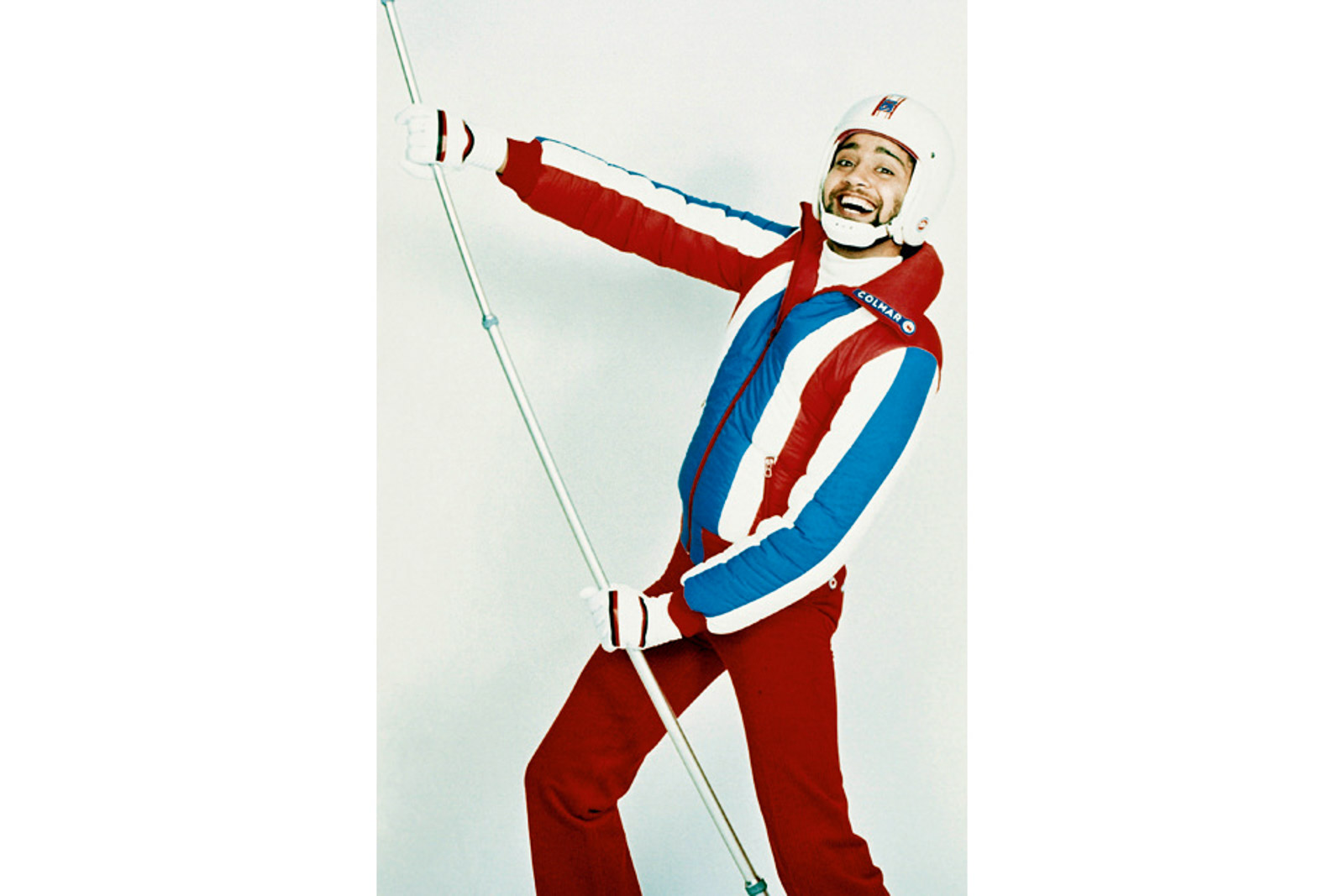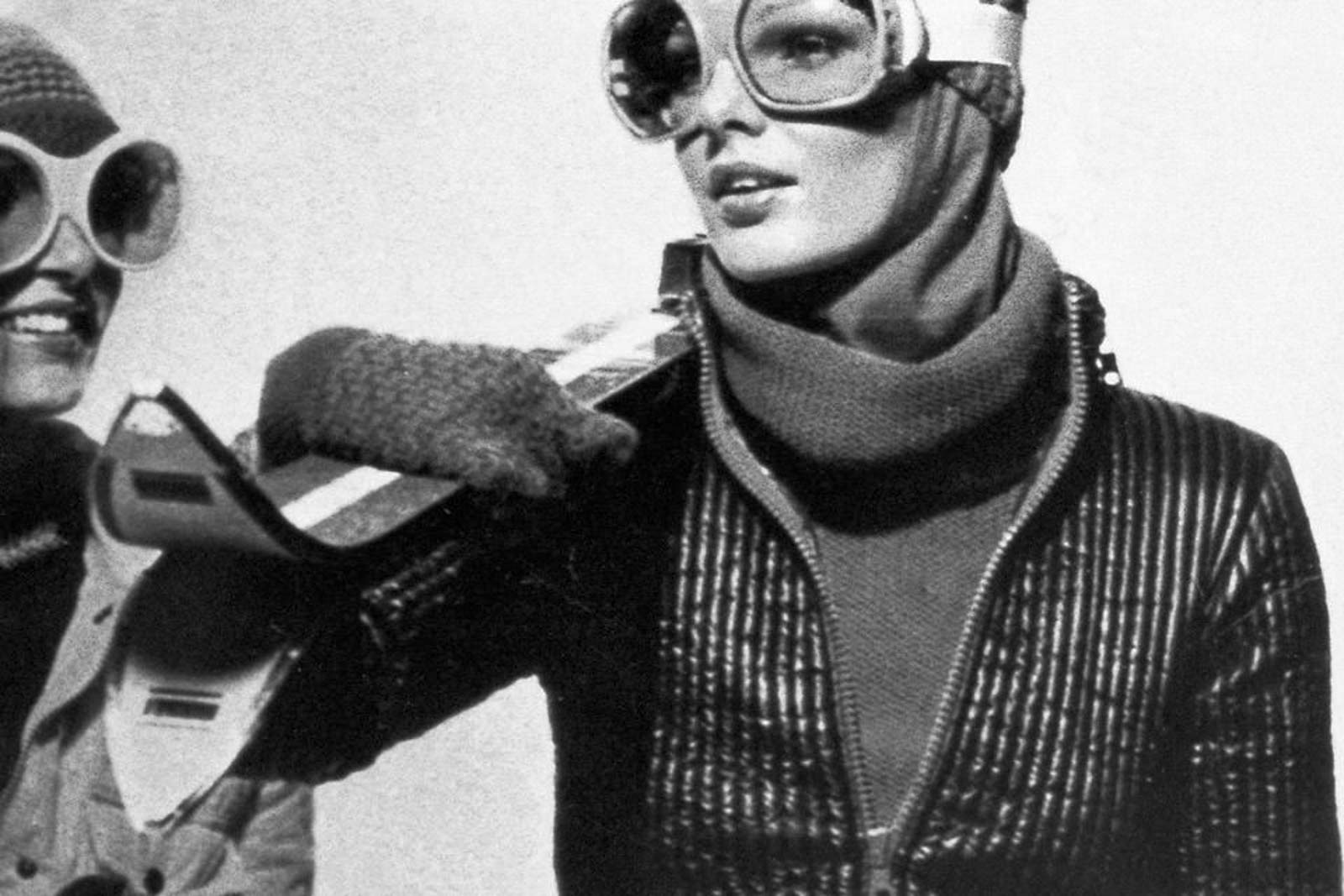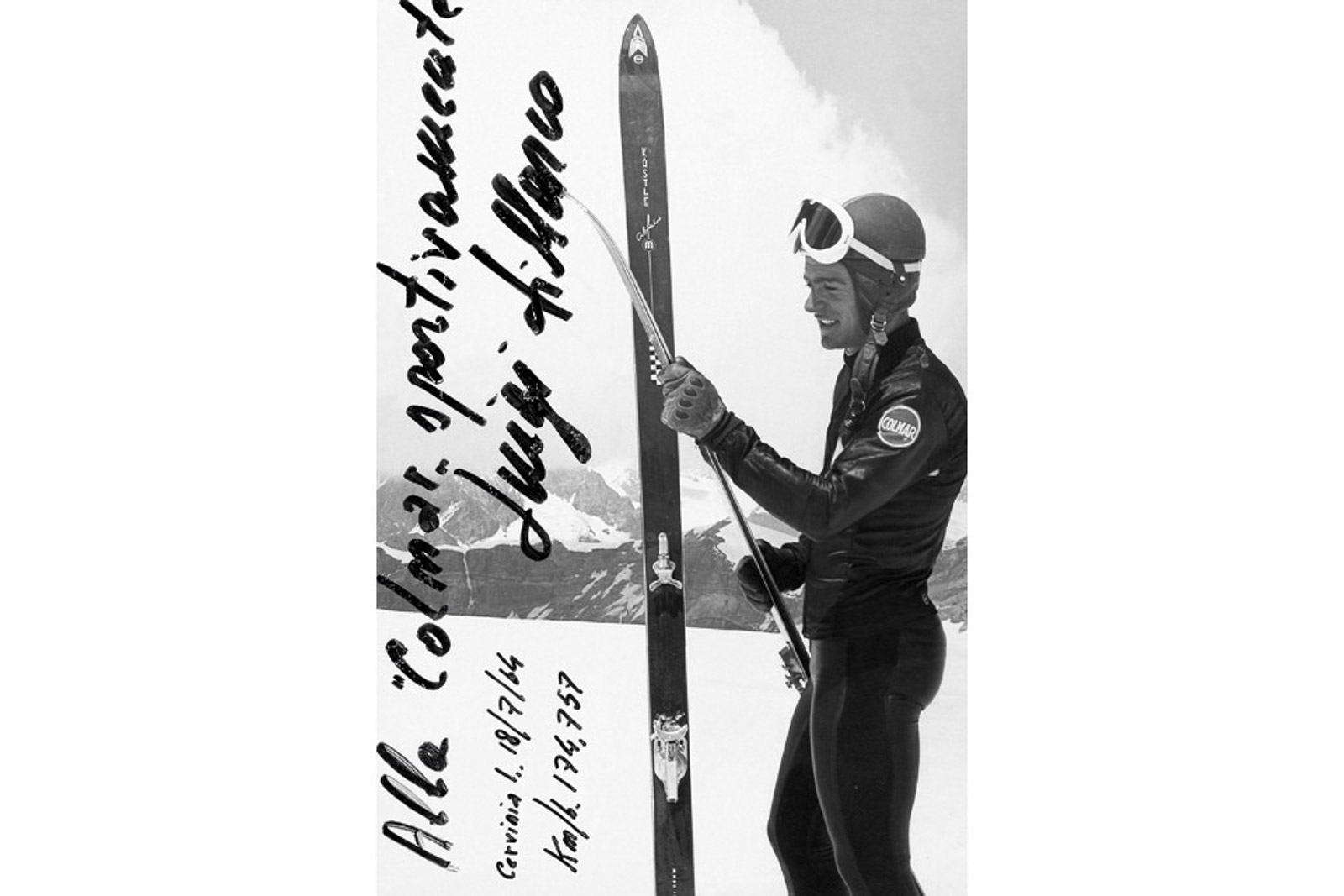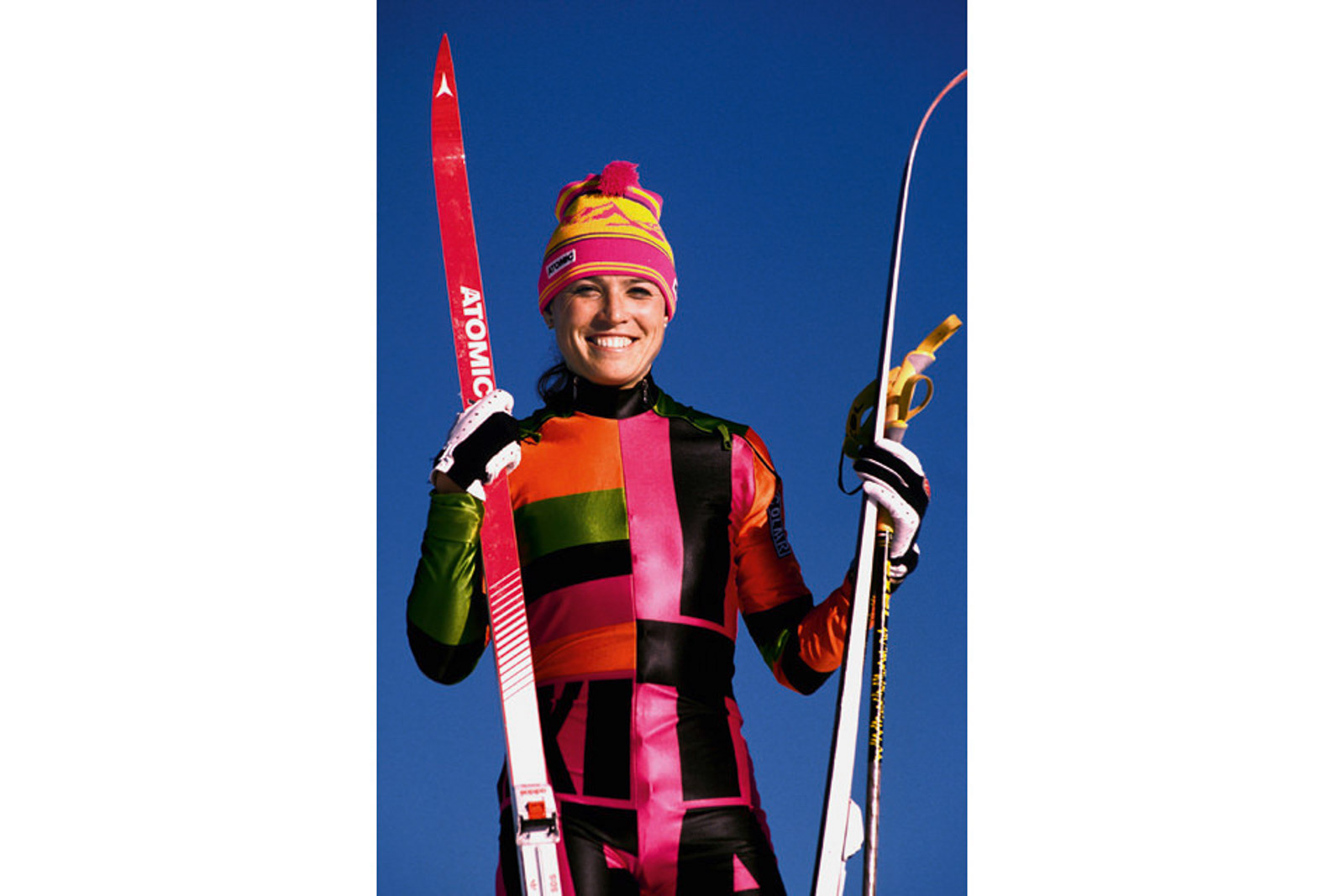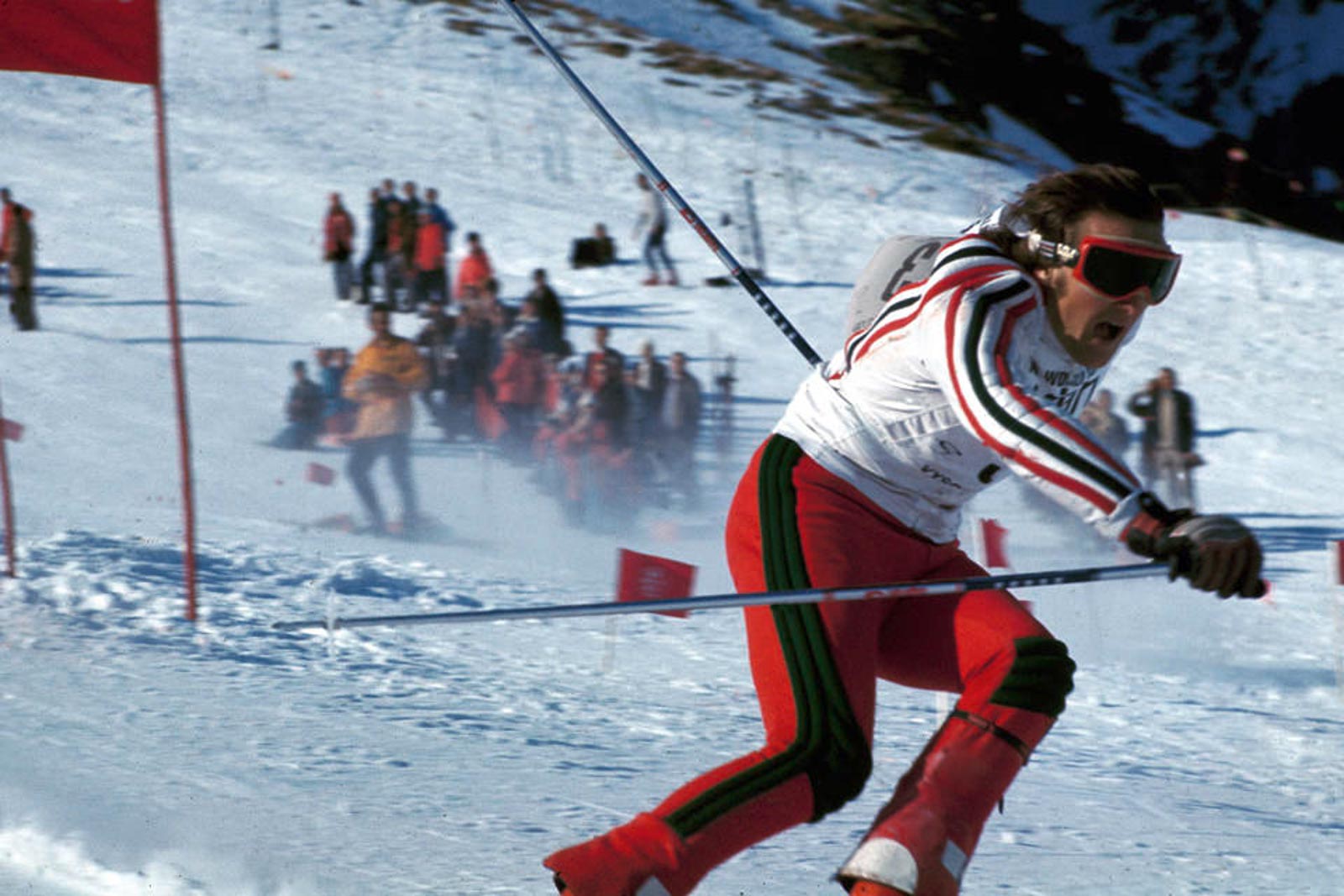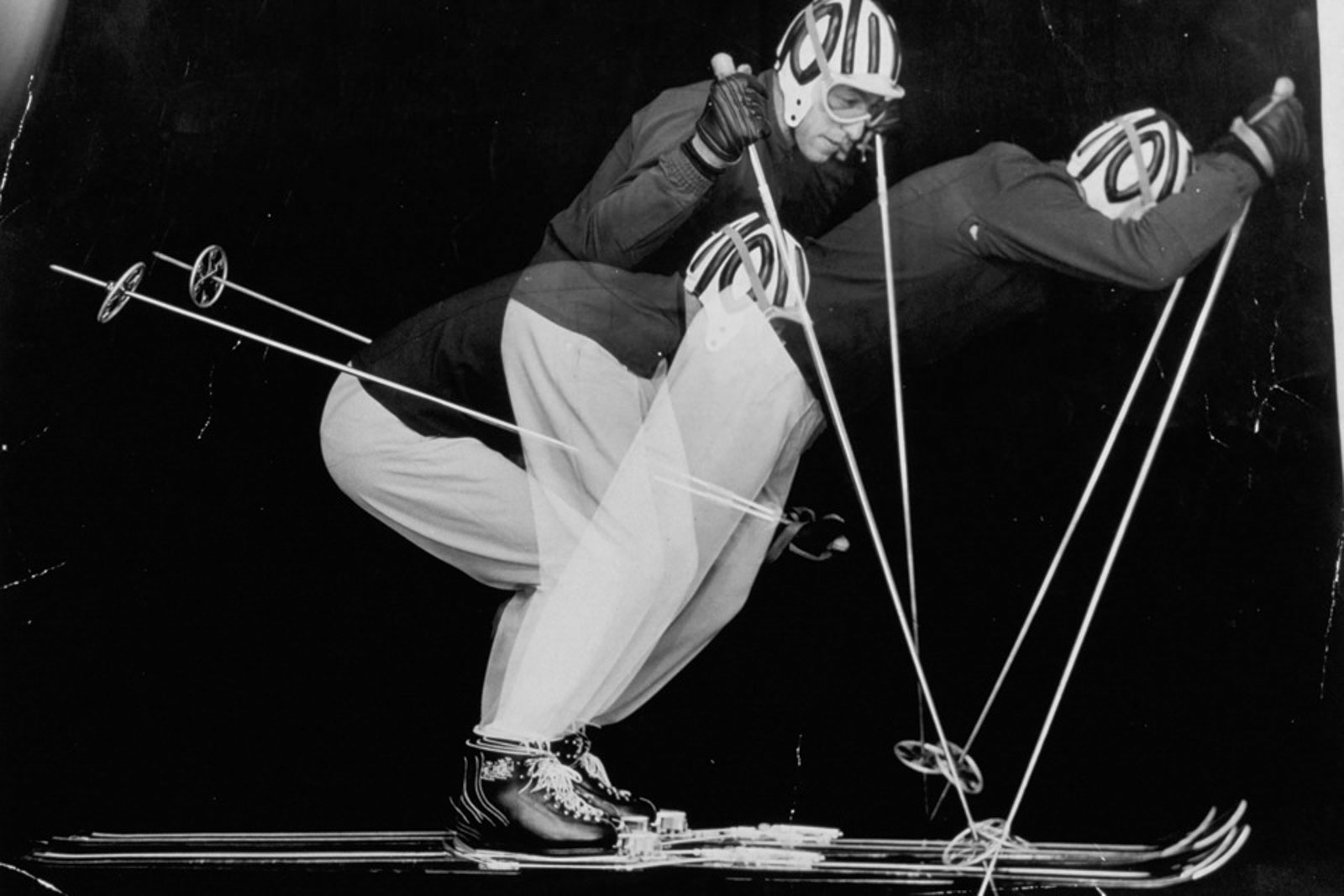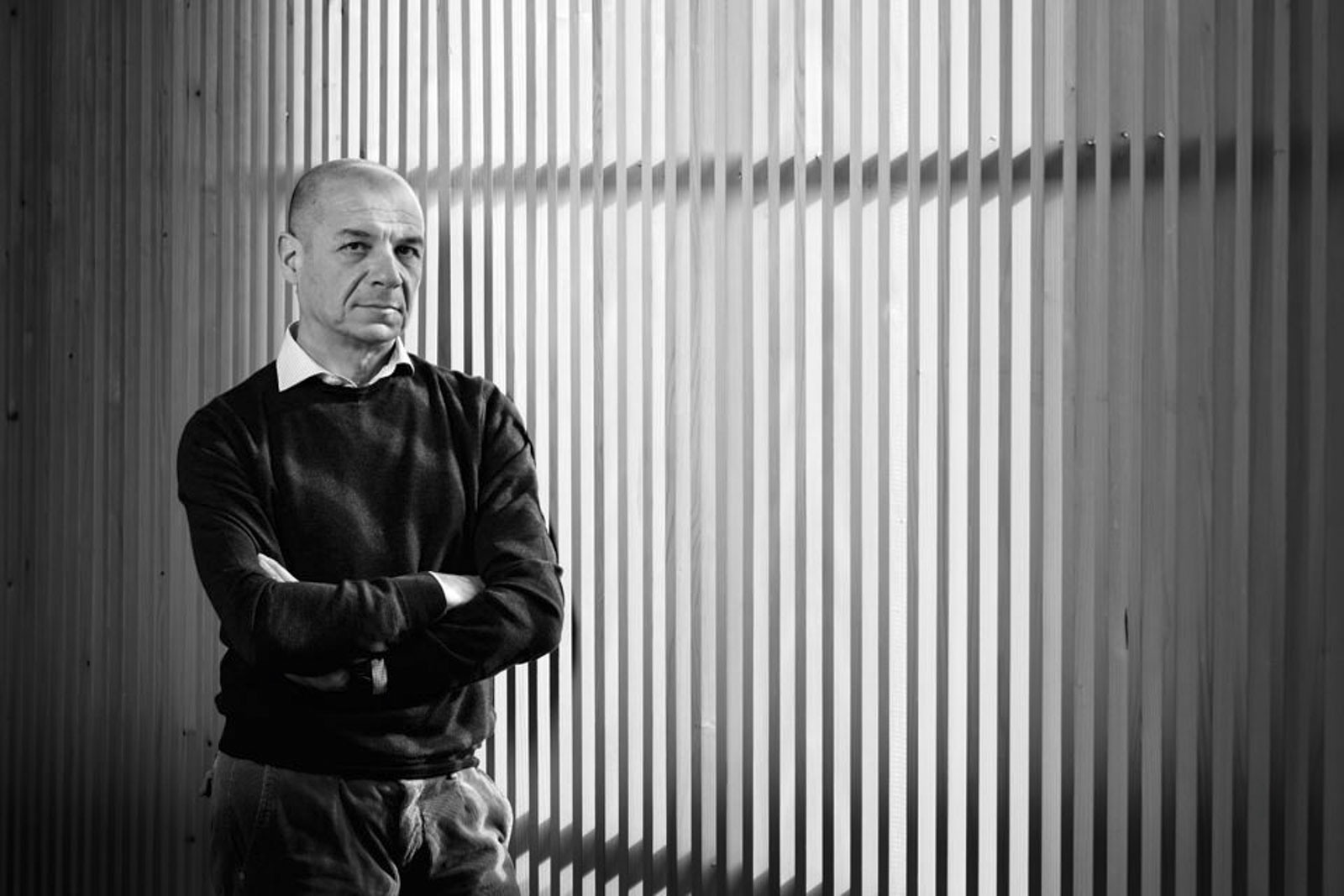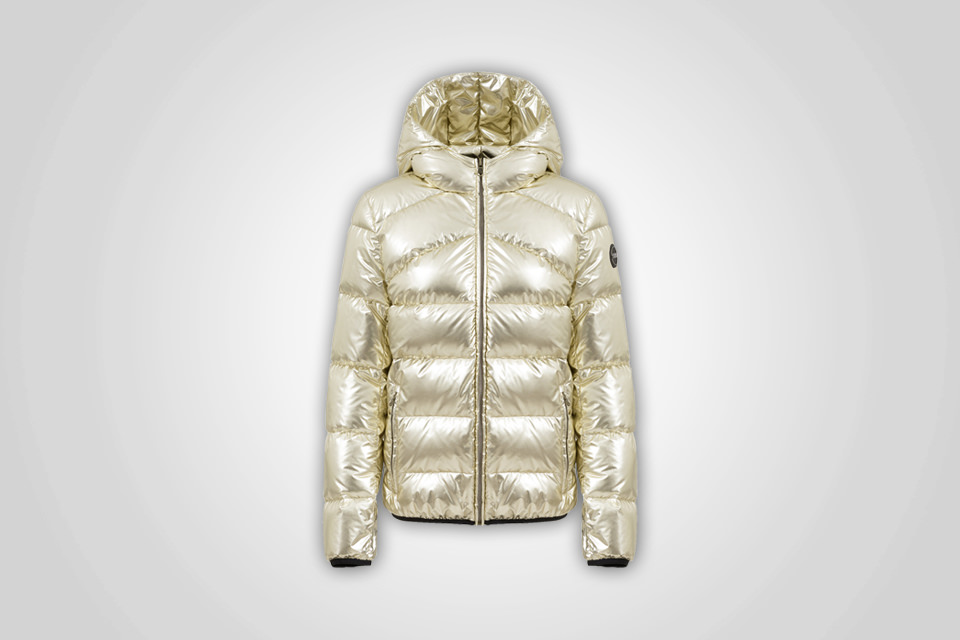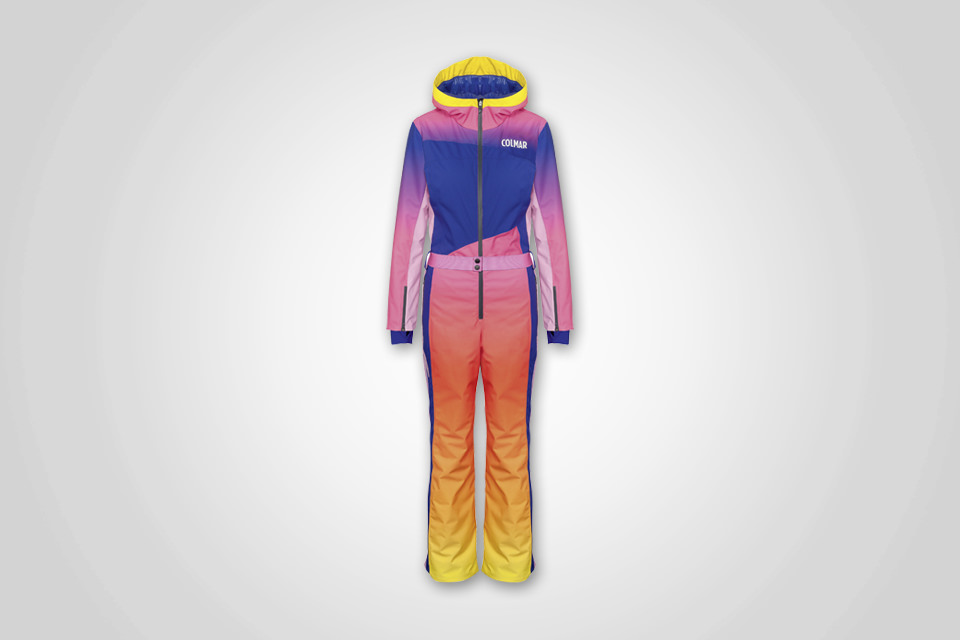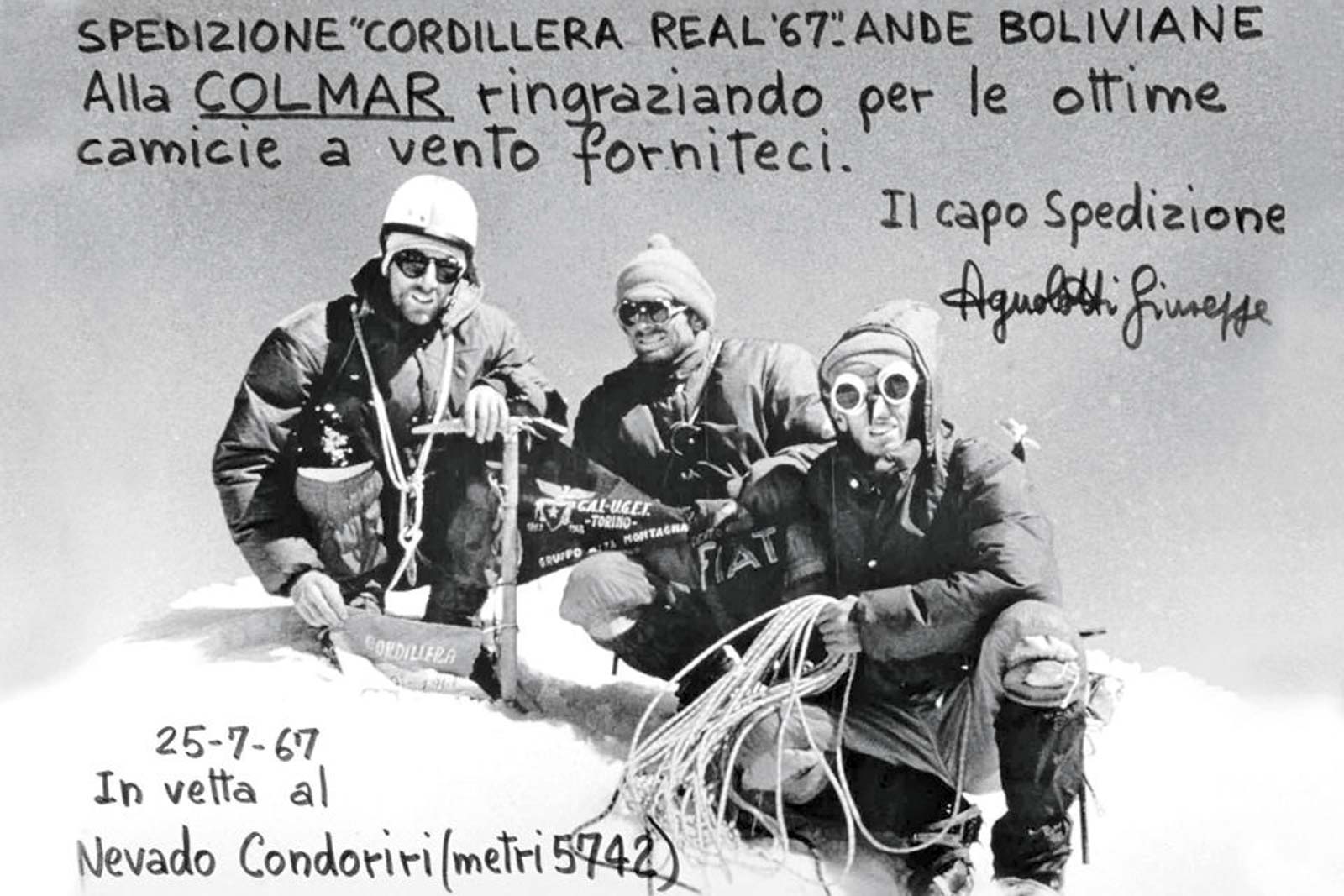Colmar adds a splash of color to snow-white ski slopes: but the label didn’t actually start out with skiwear, but with felt cuffs. Giulio Colombo is now the third generation of his family to run the Italian company. Reason enough to put Colmar’s CEO under the microscope.
FACES: How does it feel to work with your family on a daily basis?
Giulio Colombo: It’s not much different from working in another company, as each of us has our own commitments and our own teams. The advantage is that the relationship is very strong and we share the same vision.
F: Did you always want to be part of the family business?
GC: I grew up within the atmosphere of Colmar. When it came to choosing a career direction, the decision was very easy for me.
F: What’s the great thing about working in the fashion industry?
GC: It motivates me every day anew. Working with fashion means coming into contact with new people every day, exchanging new ideas and discovering trends. Dealing with this research on a daily basis is not only creative, but also extremely fulfilling.
F: Is there also a flip side to this “fashion medal”?
GC: Enthusiasm aside, our work can be extremely stressful. We have to be constantly up-to-date and can’t afford to take a break.
F: How do you personally define good style?
GC: Coco Chanel once said: “Fashion is made to go out of style.” In my opinion, style is about feeling comfortable in what you wear and not necessarily chasing the next trend.
F: What accessory or item of clothing can you not resist?
GC: The down jacket, of course. (laughs)
F: Which fashion rule do you think is total nonsense?
GC: “If you have nothing to wear, wear black.” I think wearing black has to do with a lack of creativity.
F: Tell us the best piece of advice you received from your father?
GC: My father told me that I should think about a decision carefully and then stick to it without letting the opinions of others influence me.
F: What is your first memory of fashion?
GC : The first time I came into contact with fashion was as a child, when I saw my mother wearing a tailor-made suit. That’s when I realized what an extremely elegant woman she was.
F: How would you summarize Colmar’s story in a few words?
GC: Colmar is a family’s passion for sport, style, innovation and heritage.
F: What story behind the Colmar label should everyone know?
GC: The name Colmar is a combination of the first name and surname of the founder Mario Colombo. My grandfather founded the company in Monza in 1923 together with his wife Irma. They started producing felt cuffs – Monza was so well known for its felt and hats back then. During the Second World War, Colmar then produced clothing, and in the second half of the 1940s, with Mario’s sons (my father Angelo and my uncle Giancarlo), skiwear was added for the first time. Today, I run the company together with my brother Carlo and my cousin Mario, and the fourth generation is already on board: Stefano, Mario’s son.
F: What is Colmar’s biggest milestone?
GC: Colmar’s passion for sport and style has led to numerous innovations over the years. The most spectacular is probably the invention of the first aerodynamic ski jacket made of mixed stretch at the beginning of the 1950s. For the first time, it was possible to create a ski jacket with a perfect fit – a milestone for sport and fashion, and one that continues to this day.
F: What makes Italian fashion special, and why is the “Made in Italy” label still so valuable?
GC: Italian fashion has class, and “Made in Italy” is synonymous with quality, credibility, experience, tradition and trust.
F: What do Italians do better than other people when it comes to fashion?
GC: Italy is the cradle of art and aesthetics – and has been since ancient times. Style, craftsmanship and quality are the direct reflections of this vast tradition that Italians embody and express so wonderfully.
F: How do Italian consumers differ from other Europeans?
GC: The Italians are probably a little more trend-oriented, whereas other Europeans are more concerned with quality and performance.
F: Casual friday – a concept you take to heart?
GC: The way people dress today has changed drastically. Our personal sense of well-being leads us to dress casually every day and not just on a Friday.
F: Do you have an outfit in your closet that you’re ashamed of?
GC: To be honest, I’m never ashamed when I wear something I like.
F: To what extent do climate change and the ongoing sustainability debate influence your work?
GC: The textile and fashion industry has the greatest negative impact on the environment. I feel it is our duty to take every possible step to ensure sustainability. The topic is huge, but we are trying to work in the right direction every day by using sustainable raw materials, recycled or reusable, by producing materials that last longer and by revising and optimizing production processes. We all need to improve – even when it comes to everyday things.
F: What role does fashion play in society?
GC: Fashion has changed dramatically in recent years. Today, it’s not just about clothes, but about food, music, art and so on; everything is changing, every day.
F: Could you live without fashion?
GC: Yes, of course.
F: Are there any items of clothing in your closet that you would like to pass on?
GC: I am so involved in the creation of the collections that I have a lot of Colmar pieces in my closet and I would love to pass them all on.
F: Where do you shop in Milan?
GC: There are a lot of interesting stores in Milan. I love One Block Down, Antonia and the stores in the Brera neighborhood, and I also really like the Nike Lab on Moscova Street.
F: What do you like about Milan, and what don’t you like at all?
GC: Milan is a metropolis and offers so many opportunities in terms of jobs, fashion, art and events. Milan is a very lively city that is growing extremely fast. However, this also means that you have to come to terms with the fast pace of life and the noise.
F: What do others not trust you to do?
GC: I have always worked in the creative sector of the company. That’s probably why nobody trusts me to be able to juggle with numbers.
F: Which person do you admire the most?
GC: There is no one person in particular, but I mostly admire the very young people who are able to develop innovative ideas and successful companies despite the difficult times. I believe in the new generations.
F: What do you worry too much about, and what should you think more about?
GC: I’m probably thinking too much about today and should start thinking about the future.
F: What are you addicted to?
GC: I’m addicted to sport.
F: What is the first thing you do in the morning and the last thing you do before you go to bed at night?
GC: I like to plan my day in the morning – regardless of whether it’s a working day or a day off. Before I go to sleep, I switch off my brain to let out all the problems that have come at me during the day.
F: What do you want people to tell each other about you?
GC: I’ve always tried to get respect for what I can do and not for other things.
F: What song inspires you?
GC: Jazz is my passion – everything from bebop to cool.
F: Would you want to live in a different decade?
GC: No, not at all. I prefer to live in the here and now.
F: What would you want to change if you were given the power to do so?
GC: The health of our planet is an absolute priority and I would like to see all governments take this issue seriously. Concrete steps need to be taken to leave a better environment for future generations.
F: Where do you prefer to go skiing?
GC: I generally love the Alps and their fantastic resorts. I usually go to Bormio, which is very easy to get to from Milan and has great slopes.
F: Would Hollywood be allowed to make a movie of your life?
GC: One day I would like to write a saga about our company myself.
F: How often do you look at your smartphone during the day?
GC: As little as possible.
F: You may invite one person to dinner, who is it?
GC: The musician Chet Baker.
F: What advice do you have for younger generations?
GC: Be creative in everything you do and follow what you love. Creativity and passion are the keys to success.
Colmar
You can get good felt in Monza, as every Italian knew at the beginning of the 1920s. Here, Mario Colombo worked for a felt manufacturer before founding his own company with his wife in 1923. His hobbyhorse: workwear made of really robust material. With the end of the Second World War, people finally ventured onto the slopes on skis – and needed the right clothing to do so. They receive the latter from Mario Colombo’s fashion label Colmar, which now specializes in skiwear. Modern technologies and advanced fabrics quickly make Colmar’s ski jackets and pants popular – the bright colors and fans in the Italian ski team also contribute to the success. Today, Giulio Colombo runs the family business together with his brother Carlo and his cousin Mario, which is still based in Brianza, between Milan and Como.


